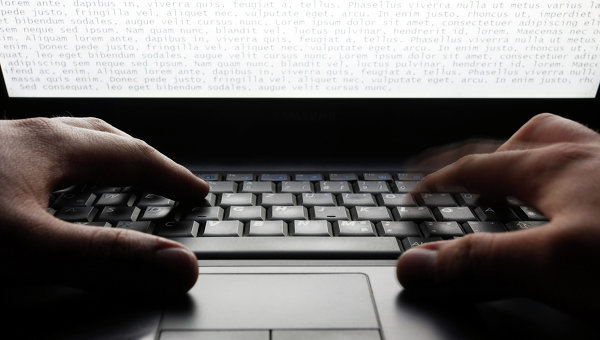MOSCOW, February 4 (RAPSI) – The number of criminal cases opened over Internet publications has decreased by almost twice. Experts come to associate it with the partial decriminalization of the Criminal Code’s article on incitement of hatred and enmity.
According to one of the research authors, the head of the International Advocacy Group Agora Pavel Chikov, there were 200 incidents in 2019 as compared to 384 in 2018.
However, the number of prison sentences did not reduce; every fifth accused in such cases was ordered to jail, Chikov stated.
The number of websites blocking also decreased, he added.
n December 2018, President Vladimir Putin signed a law mitigating punishment for extremism and incitement of hatred and enmity.
Under the document, criminal punishment, namely prison terms ranging from 2 to 5 years, is to be imposed for extremist acts in public, on the Internet or media committed repeatedly within a year.
The first extremist violation is to be punishable in accordance with the Code of Administrative Offences by fines of up to 500,000 rubles ($7,500) for companies; and fines of up to 20,000 rubles, community service for up to 100 hours or detention for up to 15 days for individuals.
These cases are to be launched by prosecutors and reviewed by courts. Statute of limitations for administrative liability is to be set for one year, instead of three months as of now. If a person commits an extremist crime within a year after being brought to administrative liability, he or she faces criminal punishment.
Amendments don’t apply to cases committed by an organized group or with the use of violence, threats of violence or abuse of office. In these cases, criminal liability is immediate, and punishment may reach up to 6 years.



